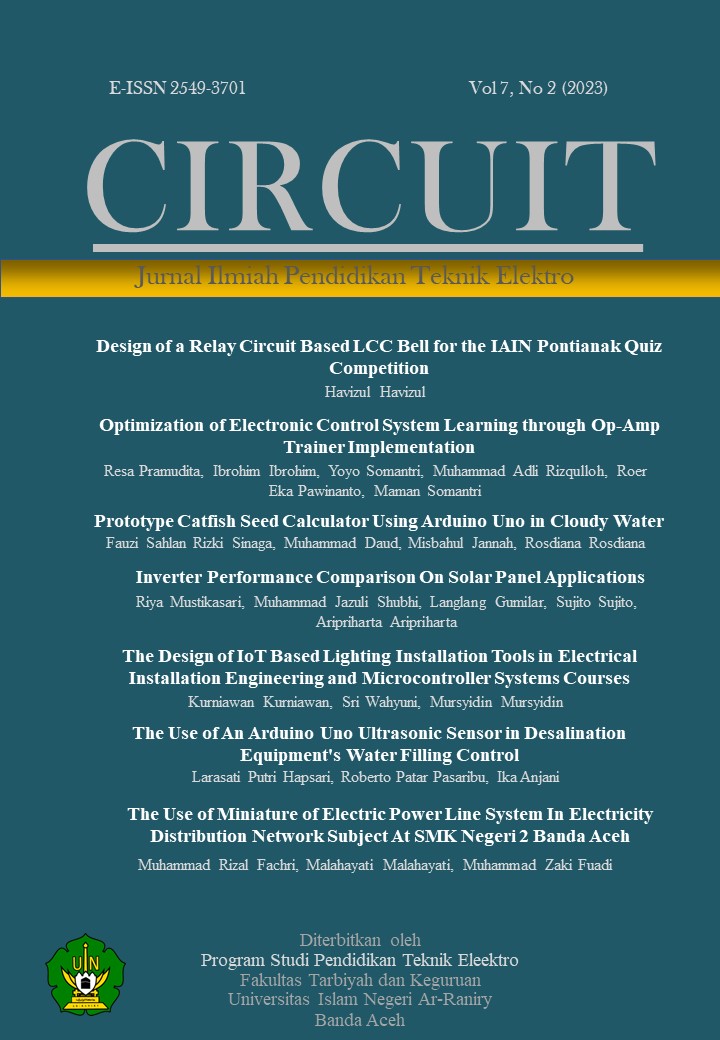The Curriculum Program Productive Competence at Motorcycle Business Engineering Expertise from Teachers and DU/DI Partners
DOI:
https://doi.org/10.22373/crc.v7i2.21127Keywords:
relevance, productive competence, motorcycle business techniqueAbstract
The challenges of the business and industrial worlds (DU/DI) regarding the competency of SMK graduates. One of the reasons for graduates' non-absorption in the labor market is complaints about their ability. Non-absorption of vocational graduates in the business/industrial world does not imply a lack of work prospects, but rather a lack of graduate competency. The purpose of this research ascertains the level of relevance of the curriculum for the productive program of Motorcycle Business Engineering Skills Competence at SMK Negeri 4 Banda Aceh with the needs of DU/DI, as well as to capture the competencies required by DU/DI for graduates majoring in Motorcycle Business Engineering. A quantitative descriptive method with a survey methodology is used in this investigation. This study's participants were productive teachers of TBSM competence at SMK Negeri 4 Banda Aceh and ATPM workshops that partnered with SMK Negeri 4 Banda Aceh. The Percentage descriptive statistics were employed to analyze the data. According to the findings of this study, the level of applicability of the curriculum for the productive TBSM skill competency program with the need for DU/DI is 92% on average. Initiation of the fact that the curriculum of SMK Negeri 4 Banda Aceh is really relevant.
Downloads
Published
Issue
Section
License
Authors who publish in this journal agree to the following terms:
- Authors retain copyright and grant the journal right of first publication with the work simultaneously licensed under a Creative Commons Attribution License that allows others to share the work with an acknowledgement of the work's authorship and initial publication in this journal.
The Journal uses license CC-BY-SA or an equivalent license as the optimal license for the publication, distribution, use, and reuse of scholarly works.
Authors are able to enter into separate, additional contractual arrangements for the non-exclusive distribution of the journal's published version of the work (e.g., post it to an institutional repository or publish it in a book), with an acknowledgement of its initial publication in this journal.
- Authors are permitted and encouraged to post their work online (e.g., in institutional repositories or on their website) prior to and during the submission process, as it can lead to productive exchanges, as well as earlier and greater citation of published work (See The Effect of Open Access).

